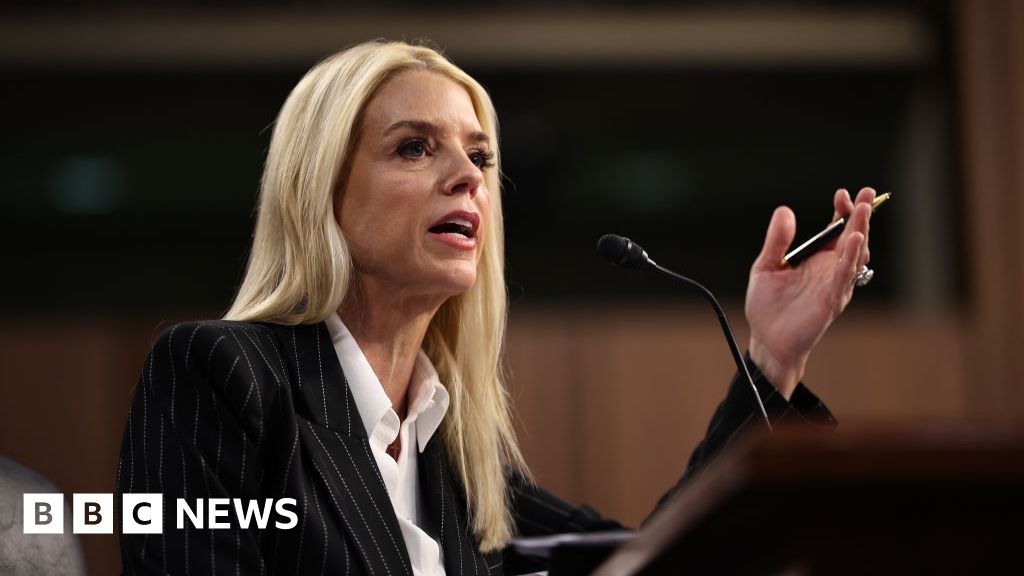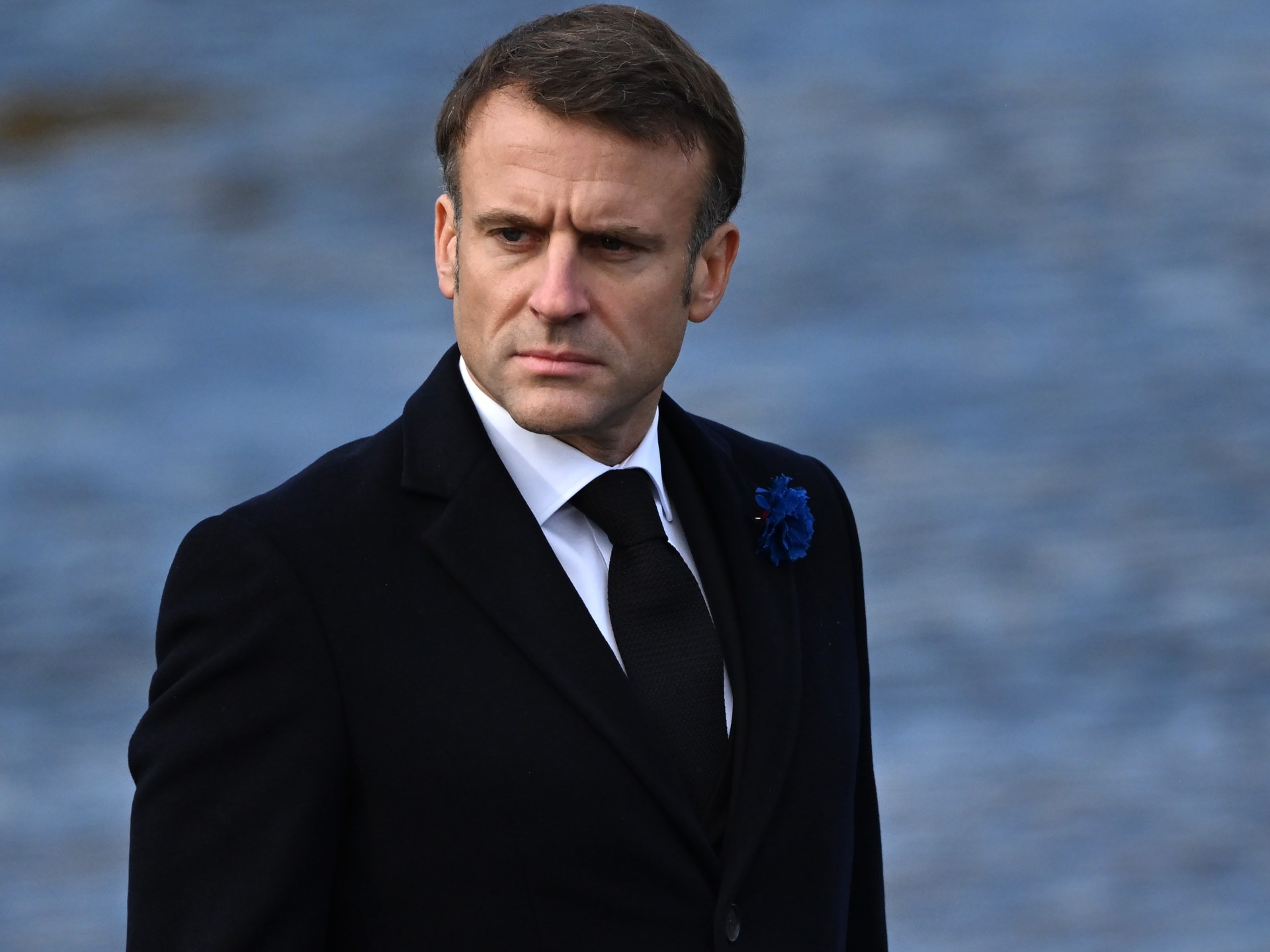The occupation forces assassinated the second-in-command in the Hamas movement and the deputy head of its political bureau, Sheikh Saleh Al-Arouri, putting the region at a dangerous juncture with unprecedented possibilities of escalation.
Al-Arouri
On the evening of Tuesday, January 2nd, the occupation forces – without announcing direct responsibility – assassinated Sheikh Saleh Al-Arouri, deputy head of the political bureau of the Hamas movement, along with two Al-Qassam leaders – Samir Fandi and Azzam Al-Aqraa – and four cadres from the movement, in The southern suburb of the Lebanese capital, Beirut; That is, in an area of influence and control by Hezbollah.
“Israel’s” threat to assassinate Al-Arouri is not new, but rather it precedes the “Al-Aqsa Flood” battle, as it holds it responsible for the escalating operations in the West Bank in recent years, in addition to the rocket launches from southern Lebanon that began in the “Saif Al-Quds” battle in 2021. To the point that Al-Arouri’s last meeting before the start of the “Al-Aqsa Flood” battle was about the Israeli government’s threats to assassinate him.
These threats were renewed during the current aggression, as Hebrew reports said: Netanyahu assigned the Mossad to assassinate Hamas leaders in Lebanon, Qatar, and Turkey, and Al-Arouri was, of course, one of them, and even at the forefront of them.
The assassination was a huge event, almost the first of its kind in more than three or four decades in Beirut. The man was not ordinary within Hamas nor for Hezbollah.
Al-Arouri is considered a legal authority in view of his studies, and he went through a long experience of imprisonment approaching two decades, in addition to having a distinguished political and strategic mind. He is one of the founders of the “Al-Qassam Brigades” in the West Bank, the head of the West Bank region in his movement, and the second number in the latter, as he held the position of deputy. Head of its political bureau for many years.
He is also one of the former architects of the internal Palestinian dialogue, and the link between Hamas and the Iran-Hezbollah axis, given his location and tasks, as well as his residence in the southern suburbs, the party’s stronghold. He is also one of the most important theorists of the idea of “unity of the squares.”
The longer the war extends in time, the narrower the options for Netanyahu, especially with the major failure to achieve any of the war’s main declared goals, which means that the narrow time margin increases the pressure on Netanyahu and his partners, and pushes them to search for any image of victory or achievement.
Motives
There are many questions surrounding the assassination, in terms of character, timing, context, and form, but one of the most important questions relates to the American role in it.
There are two theories regarding Washington’s role in the operation: The first one says; It participated in the operation, and the announcement of the withdrawal of the aircraft carrier “Ford” from the Mediterranean Sea is part of the camouflage associated with it, while the second suggests that the assassination was “Israeli” from A to Z, and that Washington was only notified of it during its implementation. It was noteworthy that American officials were quick to disavow the operation and deny any American role in it or even prior knowledge of it.
Given the available data, we believe the second possibility is likely, meaning that Washington knew about the operation before or during its implementation, but that does not mean that it opposes it or will protest against “Israel” because of its implementation, as the American administration had set a rewarding reward for anyone who provides information that leads to it.
second question; Related to motives. Netanyahu was facing multiple and complex pressures, the first of which was; Internal pressure from public opinion, especially the families of prisoners held by the Palestinian resistance; To end the war and recover the prisoners through negotiation.
Secondly; Internally as well, but from some of his partners in the government and the military and security establishment, several disagreements and contradictions have recently come to light in the public scene, including Netanyahu holding a security meeting without the leadership of the Shin Bet and Mossad, and the boycott of his press conference by Defense Minister Gallant and Minister in the War Council Gantz, in addition to Some leaks in the Hebrew media were understood as pressure from the military establishment on the government, specifically Netanyahu.
The third is American pressure to change the pattern of war, reduce the rate of killing and destruction, and attempt to establish a post-war phase in Gaza, which is a fundamental point of contention between Washington and Tel Aviv.
The contact that was described as tense between Biden and Netanyahu a few days ago, the announcement of the withdrawal of the aircraft carrier from the Mediterranean, and even the visit of US Secretary of State Blinken to the occupying country, can be placed within the framework of these pressures.
Accordingly, the longer the war extends in time, the more options become narrow for Netanyahu, especially with the major failure to achieve any of the main declared war goals, which means that the narrow time margin increases the pressure on Netanyahu and his partners, and pushes them to search for any image of victory or achievement.
Here, it should be noted that the United States has sought since the beginning of the war to limit it to Gaza and against Hamas, and to avoid expanding it to include other parties, specifically Hezbollah in Lebanon, in exchange for Netanyahu’s desire to expand it and implicate Washington in a regional confrontation, which will increase the chances of victory on the one hand, and theoretically reduce it. – He is responsible for its results.
Accordingly, the objectives of the assassination operation can be combined with an attempt to achieve a double victory against Hamas and Hezbollah together, and a final attempt to drag the United States into a regional confrontation, as well as an attempt to market this “achievement” before changing the pattern of war or moving it to what the occupation calls the “third phase.” To convince the Zionist community of this.
However, despite the above, the hypothesis of confusion, haste, and even recklessness in a decision of this kind should never be ruled out, as this has been the policy of the occupation’s political and military leadership since the beginning of the war, and it does not seem that they actually accurately estimated the weight of the event and its consequences for them.
Outcomes
The previous data and the occupation’s avoidance of officially adopting the assassination operation (as of the moment of writing these lines) weaken the chances of Netanyahu announcing an end to the ground operation or quickly moving it to a new stage in the hands of this major “achievement.”
Also, the response of Hamas and the Al-Qassam Brigades to the assassination of their leader may not deviate from the context of the war already taking place in the Gaza Strip, with the possibility of an escalation of the confrontation in the West Bank, Al-Arouri’s hometown.
Therefore, there remain essentially two possible scenarios, the first of which is; An attempt to contain the repercussions of the assassination and maintain the current rules of engagement, and the second is to expand the confrontation. Because of the responses to the assassination, specifically in southern Lebanon.
Until the assassination, Hezbollah maintained a certain level of engagement in the battle, and discipline within the framework of the rules of engagement, such that it did not allow Gaza to be completely isolated, but also did not push for a comprehensive war with the occupation.
Now, although the party’s direct interest may not be in expanding the confrontation – on the grounds that the occupation was the one who initiated the assassination, and therefore it is more prepared for the responses and repercussions, as the party lost the factor of surprise, and also on the grounds that Netanyahu’s goal from the beginning was to expand the confrontation, as previously mentioned – the party He seems forced to respond.
Al-Arouri is not an ordinary figure in the Hamas movement, nor is Hezbollah itself, and he was in the southern suburbs. That is, in the “hospitality” of the party and under its protection, so to speak, as it falls on the latter to secure the region in general.
The party’s Secretary-General, Hassan Nasrallah, had previously pledged a “strong response” to the assassination of anyone on Lebanese soil, in addition to the fact that Al-Arouri has long theorized and called for the idea of ”unity of arenas” among all resistance factions.
The obituary statement issued by Hezbollah indicates this meaning, as the statement speaks of “the war between the enemy and the axis of resistance,” and considered the assassination “a dangerous attack on Lebanon, its people, its security, sovereignty, and its resistance,” stressing that “it will never pass without response and punishment,” and that “this day He was well known for his days to come.” Therefore, the party seems obliged to respond, and its statement obliges it to do so, regardless of the form, manner, timing and place.
Therefore, Hezbollah’s response to the assassination of Al-Arouri may come quickly, and the latter may delay it a little, and it may be a direct military response (which is most likely), or an indirect security action, and each of them has several options and a range of forms, timings, and locations.
But in any case, Hezbollah’s expected response will be at the forefront of the factors that will largely dictate the scenario in which things will proceed after the assassination of Al-Arouri in his southern suburb.





